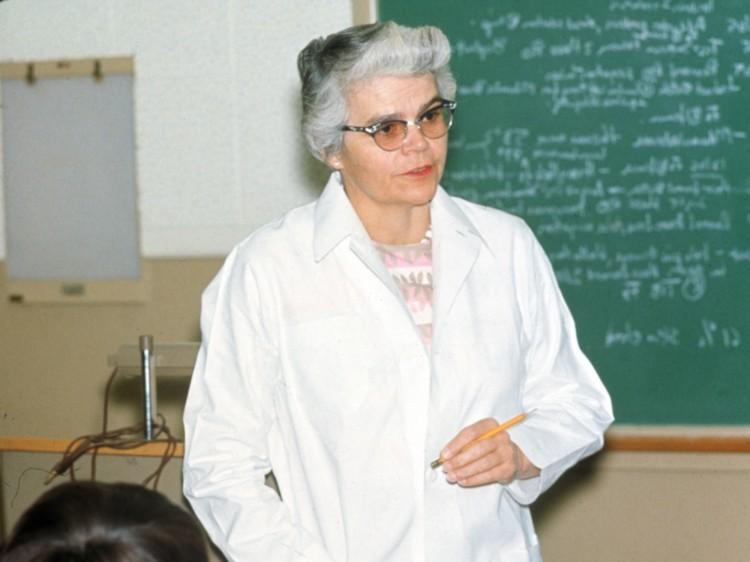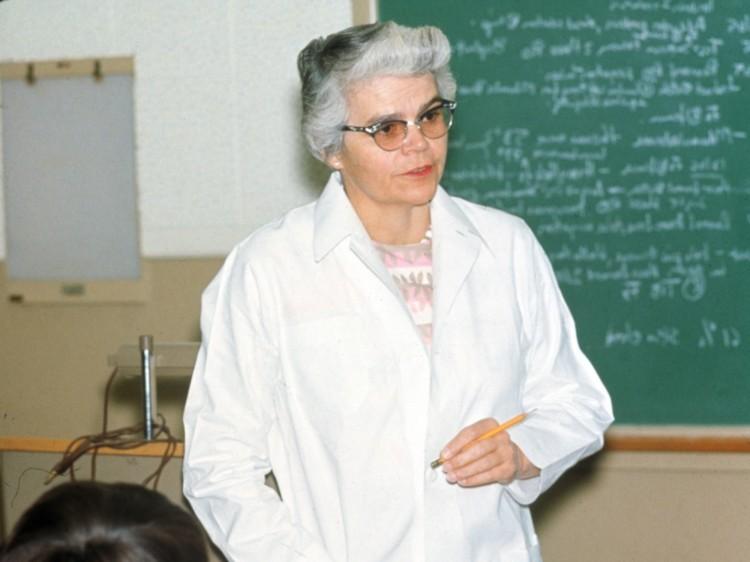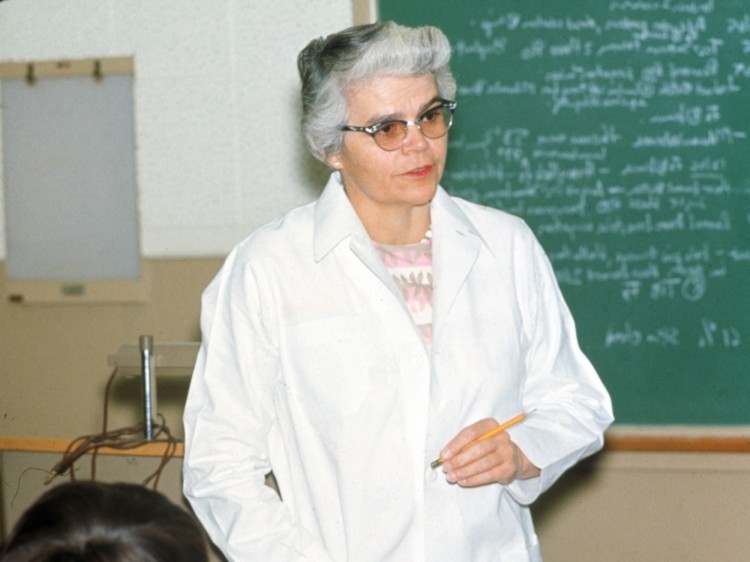Jacquelin Perry dies at 94, having suffered from Parkinson’s disease.
Jacquelin Perry dies at age 94; inspiring doctor and teacher
Jacquelin Perry ultimately lost the fight against Parkinson’s disease. The orthopedic surgeon and polio specialist died in her home in Downey, Calif. March 11, aged 94, according to Polioplace.org.

Jacquelin Perry is seen teaching a class in this file photo. The orthopedic surgeon and polio specialist died in her home in Downey, Calif. March 11, 2013, at the age of 94. photo courtesy of Polioplace.org
|Updated:





